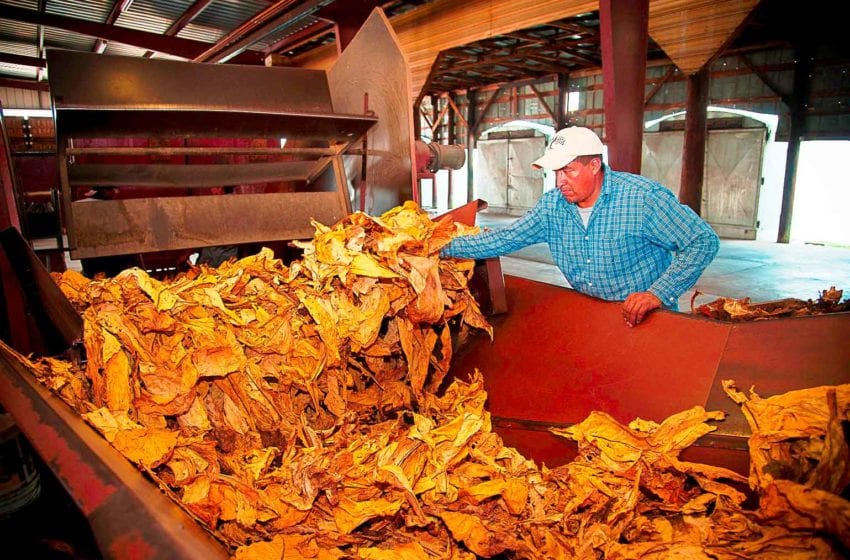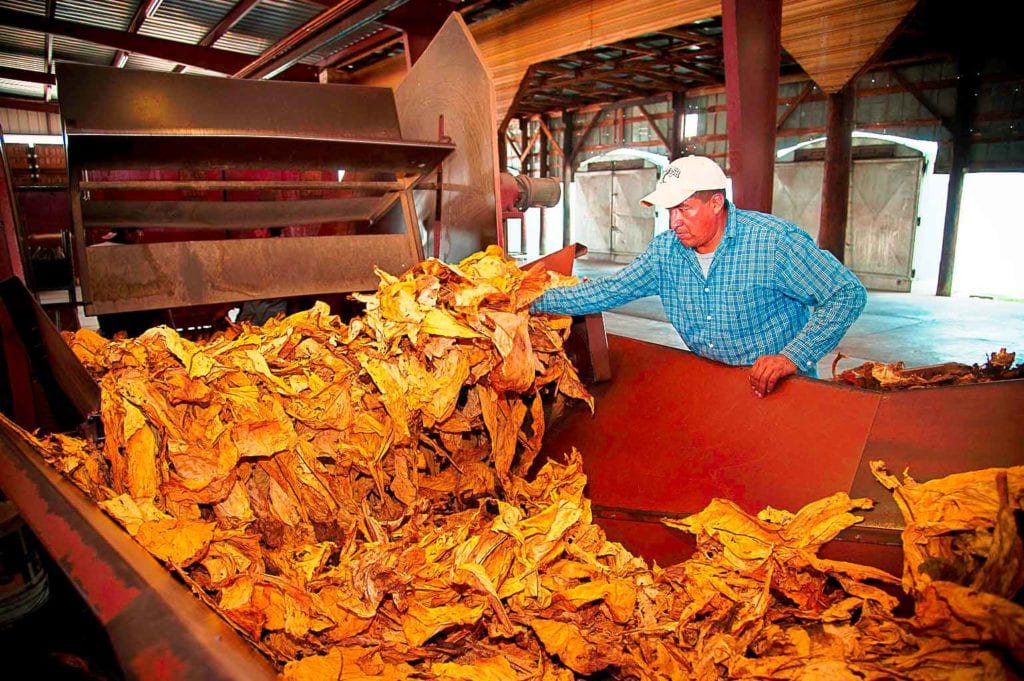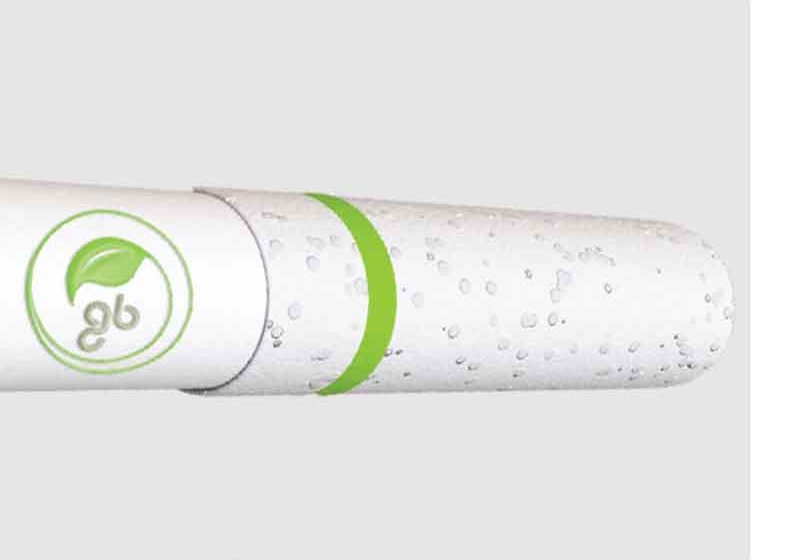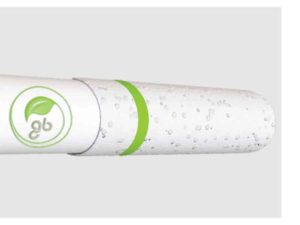China-based JWEI has announced today that they have successfully submitted a premarket tobacco product application (PMTA) to the U.S. Food and Drug Administration for a device created with “new innovative technology” that focuses on safety, harm reduction and is designed to curb underage use.
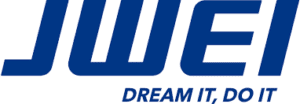 “JWEI has been a leader in this industry from the start and this milestone again reiterates our commitment to the industry and public health: ensuring our adult customers continued access to less harmful alternatives to traditional tobacco products, while setting a new standard preventing underage youth access.” said VP of JWEI Group Jason Yao.
“JWEI has been a leader in this industry from the start and this milestone again reiterates our commitment to the industry and public health: ensuring our adult customers continued access to less harmful alternatives to traditional tobacco products, while setting a new standard preventing underage youth access.” said VP of JWEI Group Jason Yao.
JWEI is the parent to the brands Joytech, Eleaf, Wismec and Joyevita. The company did not offer additional information on the specific device submitted for the PMTA.
JWEI developed a set of principles to guide through every step of its new product development, led by safety and effectiveness studies in early 2019. “The design philosophy is the foundation and guide rails for designing, manufacturing, verifying, validating, and continuously improving innovative, responsible, reliable, and high-quality products,” the release states.
The limited product debut in the UK has received overwhelming recognition from users and commercial partners after a few months’ actual use, according to JWEI
“As one of the world-leading device manufacturers and innovators of e-cigarette and vaping products, JWEI has over 3,600 granted patents and multiple internationally recognized manufacturing and quality certifications (GMP, HACCP, ISO9001, ISO13485, EHS, and ERP),” according to a press release.

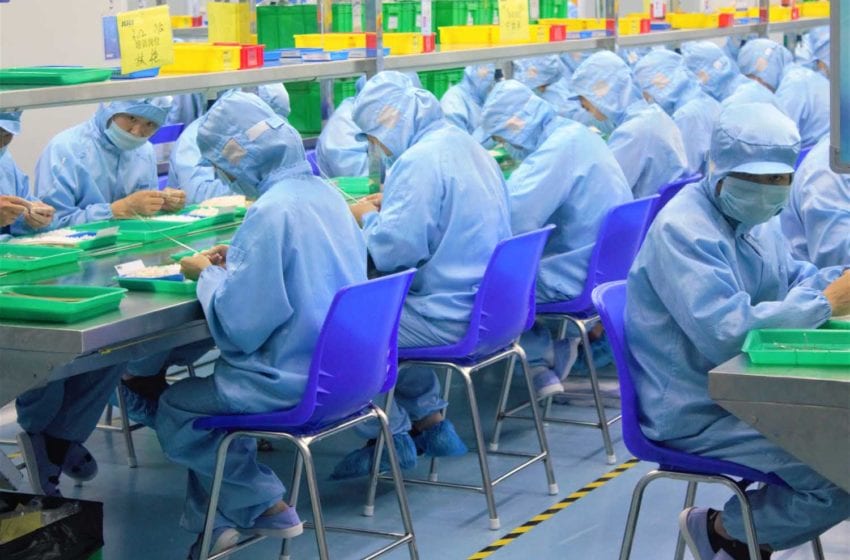

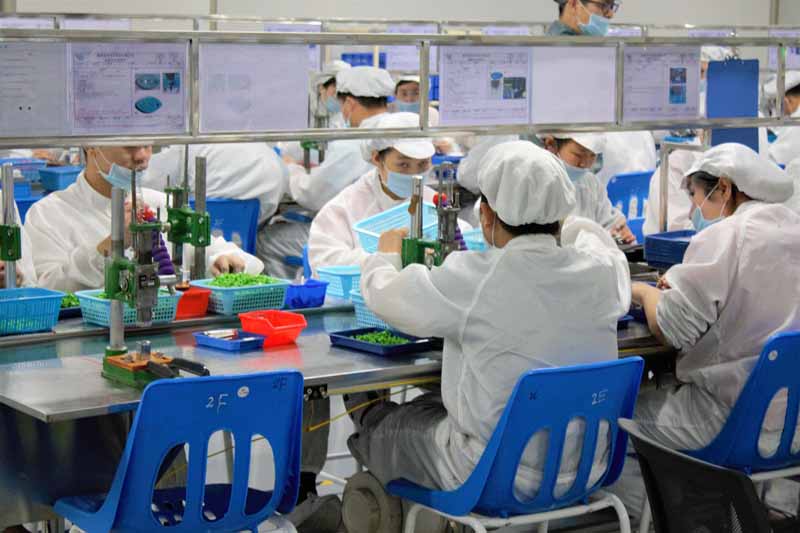
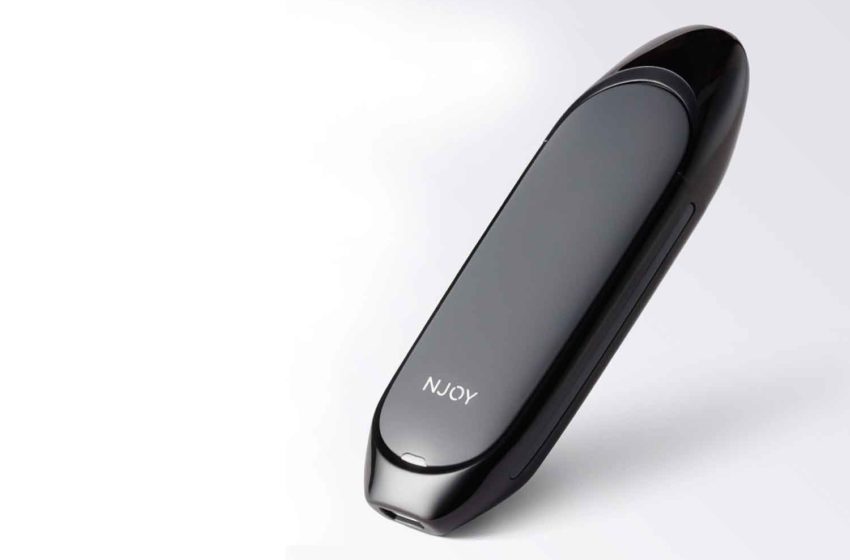
 If NJOY does not receive a high enough valuation, the company could raise money and stay private, potentially paving the way for a future initial public offering, the Wall Street Journal said.
If NJOY does not receive a high enough valuation, the company could raise money and stay private, potentially paving the way for a future initial public offering, the Wall Street Journal said.



